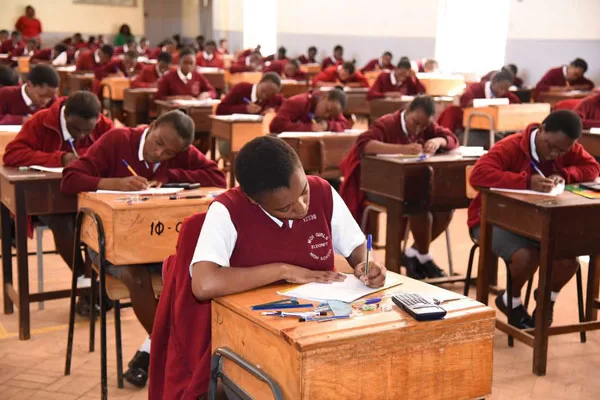Why Parliament Demands Education Funds Increased.
Parliament has urged the Ministry of Education to present a detailed plan outlining strategies to raise capitation for learners in both primary and secondary schools.
This request comes in response to concerns raised by Suna West MP Peter Masara over declining financial allocations to schools despite rising costs of living and inflation.
Mr. Masara emphasized that the current government funding is insufficient to sustain schools, which he argued forces headteachers to find alternative ways to cover budget shortfalls.
He claimed that this compromises the quality of education as schools struggle to provide essential resources.
Concerns on Quality and Sustainability
According to Mr. Masara, the financial strain on schools directly impacts learning activities, leaving institutions unable to deliver quality education.
He called on the government to ensure that while pursuing free education, the adequacy of resources is maintained.
He specifically asked the ministry to outline its plans to cushion schools against inflation and the rising cost of living.
Speaker of the National Assembly Moses Wetang’ula directed the Ministry of Education to address these concerns through the Committee on Education.
Parliament expects a detailed response regarding the ministry’s plans to increase capitation and sustain learning activities effectively.
Recommendations and Proposals
The Presidential Working Party on Education had recommended increasing capitation for primary school learners from Sh1,420 to Sh2,238 annually.
Learners in junior secondary schools were proposed to receive Sh15,043, while secondary schools were expected to receive Sh22,527, up from Sh22,244. However, these proposals have not yet been implemented by the government.
Parliament also seeks clarification on the ratio of textbooks to pupils since the free primary education program’s introduction.
Mr. Masara wants the ministry to explain how it determines the number of textbooks allocated to each institution and the steps taken to ensure equitable distribution nationwide.
In February 2023, the government supplied books worth Sh3.2 billion to public schools with junior secondary learners.
This was part of the direct procurement initiative introduced in 2018 to address previous inefficiencies in achieving the 1:1 learner-to-textbook ratio.
Early Childhood Development and Education
Additionally, Mr. Masara has called for a comprehensive statement on Early Childhood Development and Education (ECDE) programs managed by counties.
He emphasized the need for the ministry to highlight measures ensuring a smooth transition of children from ECDE to primary school education.
Read Also: Government Distributes 9.9 Million Textbooks to Primary Schools
Through these inquiries, Parliament seeks to address the critical gaps in education funding and resource allocation to uphold the quality and sustainability of free education in the country.
Why Parliament Demands Education Funds Increased.
Follow Teachers Updates on Facebook, LinkedIn, X (Twitter), WhatsApp, Telegram, and Instagram. Get in touch with our editors at [email protected].



Discussion about this post